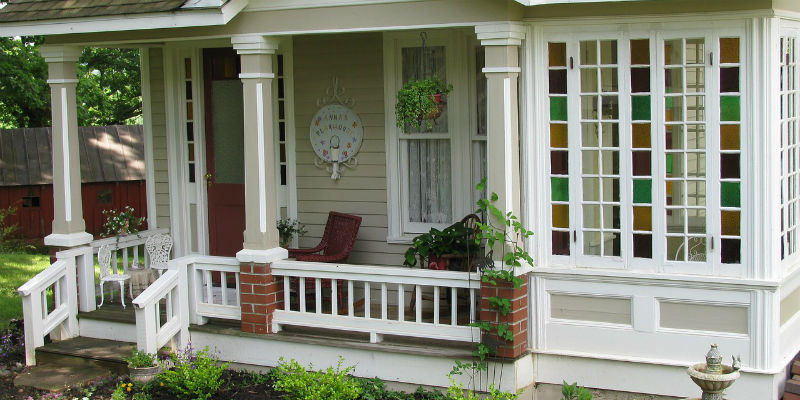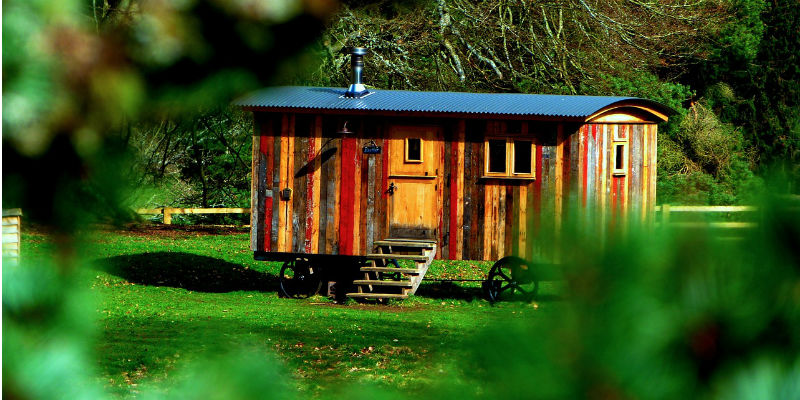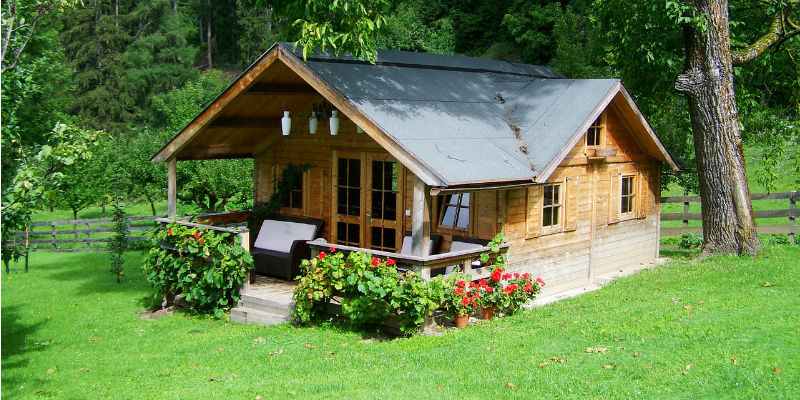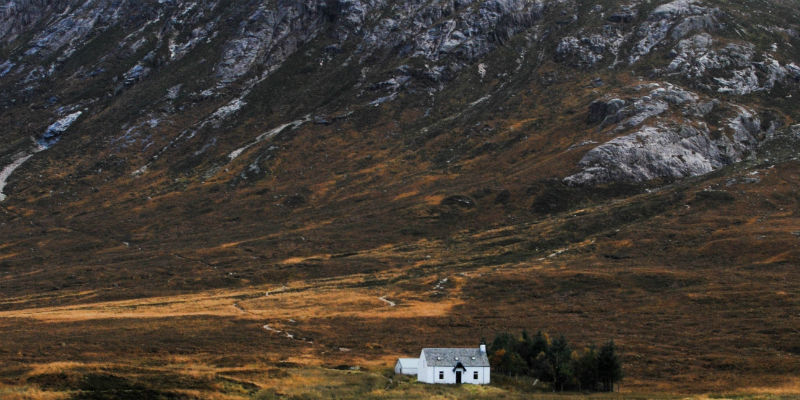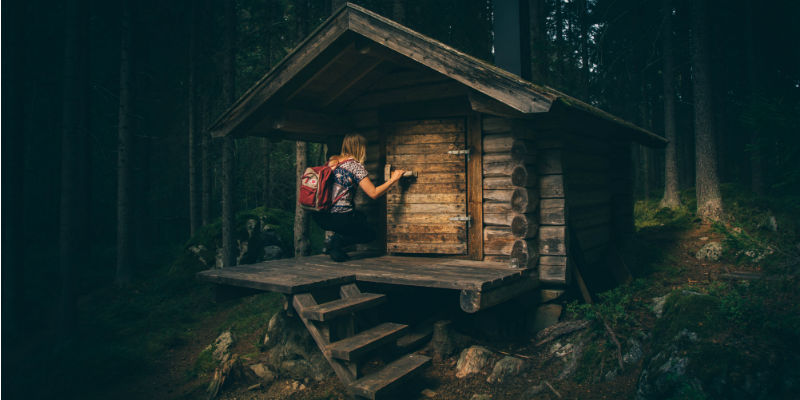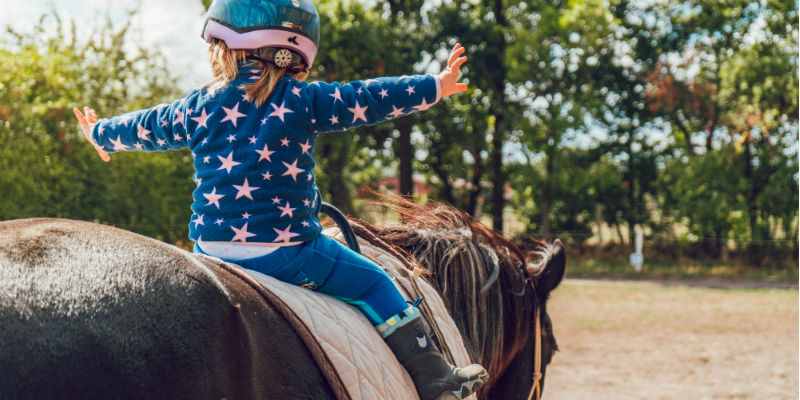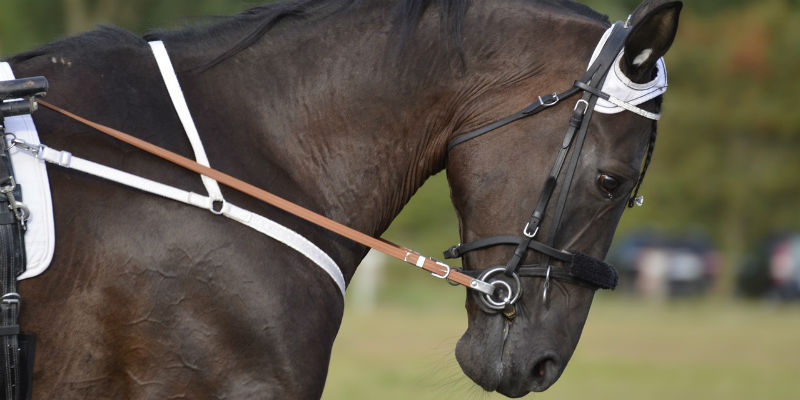Best Boating Lakes in Colorado
It is a common misconception that Colorado does not have rivers and lakes. In fact, some of the best boating lakes in Colorado are the most beautiful in the world! The following is a list of the best boating lakes in Colorado, put together by your friends at Colorado Horse Property. If you find yourself looking for properties for sale in Colorado near these great boating spots, search Colorado Horse Property. We have over three thousand listings.
Boating Lakes in Colorado
Chatfield Lake receives boaters from all over the state. The lake is a popular summer destination, where visitors take advantage of its impressive waters. It is located just outside of the Denver Metro Area. Boaters enjoy everything from fishing to water skiing on the lake’s pristine waters. The reservoir houses a full-service marina including boat rentals and a floating restaurant. Another boating paradise is Grand Lake, located at the headwaters of the Colorado River. Grand Lake is Colorado’s largest and deepest natural lake. Bring your boat and have fun swimming, participating in water sports and of course fishing. The historic Grand Lake Marina offers pontoon boats, whalers, kayaks and canoes for rent. Also, Grand Lake has some of the best view of the Rocky Mountains.
Also, Granby Lake is great for boating. Granby Lake is one of Colorado’s largest bodies of water. It has approximately 40 miles of shoreline. It sits at an altitude of 8,280 feet. The lake is home to the famous Lake Granby Yacht Club. Let’s not forget about Boyd Lake! Boyd Lake is located in Northern Colorado, one hour north of Denver. Boyd Lake has approximately 1,700 acres. Like other lakes, Boyd offers swimming, boating, fishing, picnicking, hiking, and biking.
Photo by Shaah Shahidh on Unsplash.



